I have a time indicator that travels over a timescale, the indicator's style attribute value keeps on changing for every x milliseconds and I need to get, store and compare that the previously captured value is greater than the latest value.
The logic is, from one point (left 10), every second it moves to the left (left -0, -1, -2, -3 ...)
I tried few ways and one of them is to capture in the same 'cy.then', but in that case, the element will not have the recent value. So far, I tried this. it fetches the value and with some help of regex, I got a 'comparable' value but how I can store/compare those values? Additionally, what is the best way if we need to compare more than 2 values?
const BTN_CONTROL_TIMEINDICATOR = '#currentTimeIndicator'
static verifyTimeLapse() {
//wip
var initialVal, nextVal
initialVal = this.getAnyValueOfAnElement(BTN_CONTROL_TIMEINDICATOR)
cy.wait(500)
nextVal = this.getAnyValueOfAnElement(BTN_CONTROL_TIMEINDICATOR)
cy.log(initialVal > nextVal)
}
static getAnyValueOfAnElement(element) {
//wip
cy.get(element)
.then(($ele) => {
const val=$ele.attr('style').replace(/[^\d.-]/g, '')
cy.log(val)
// return does not work
})
}
cy.log:


